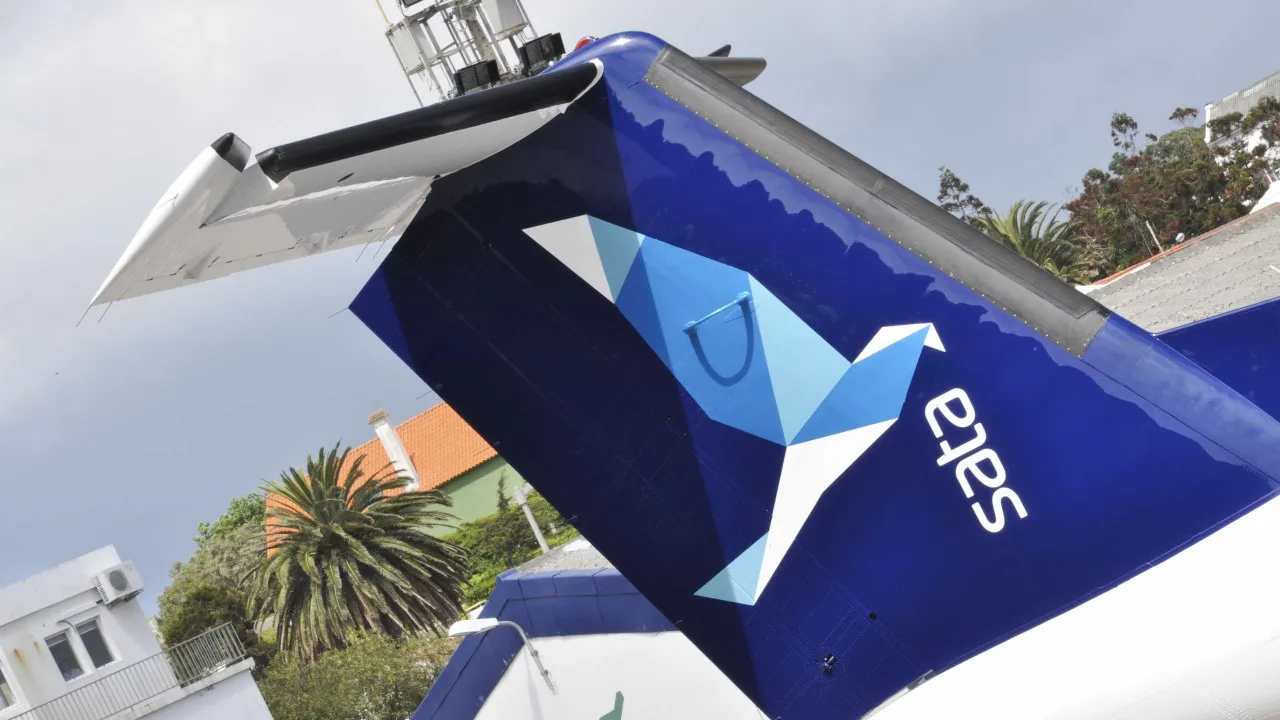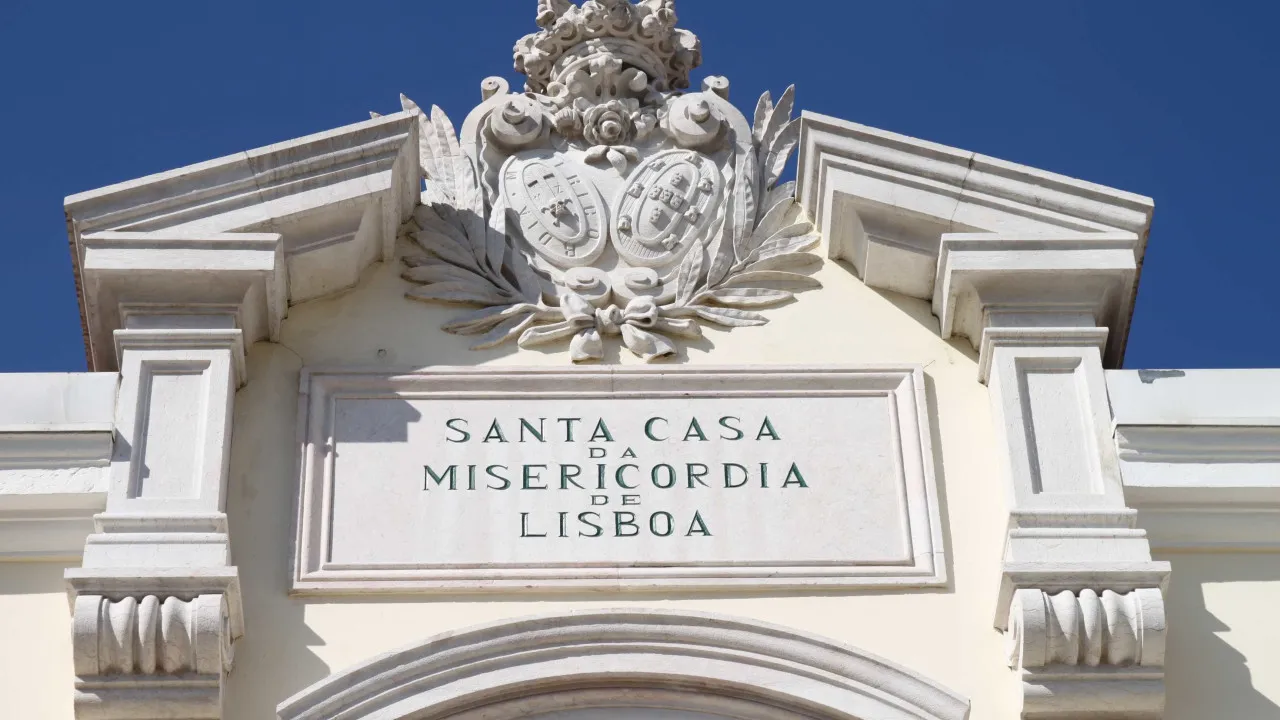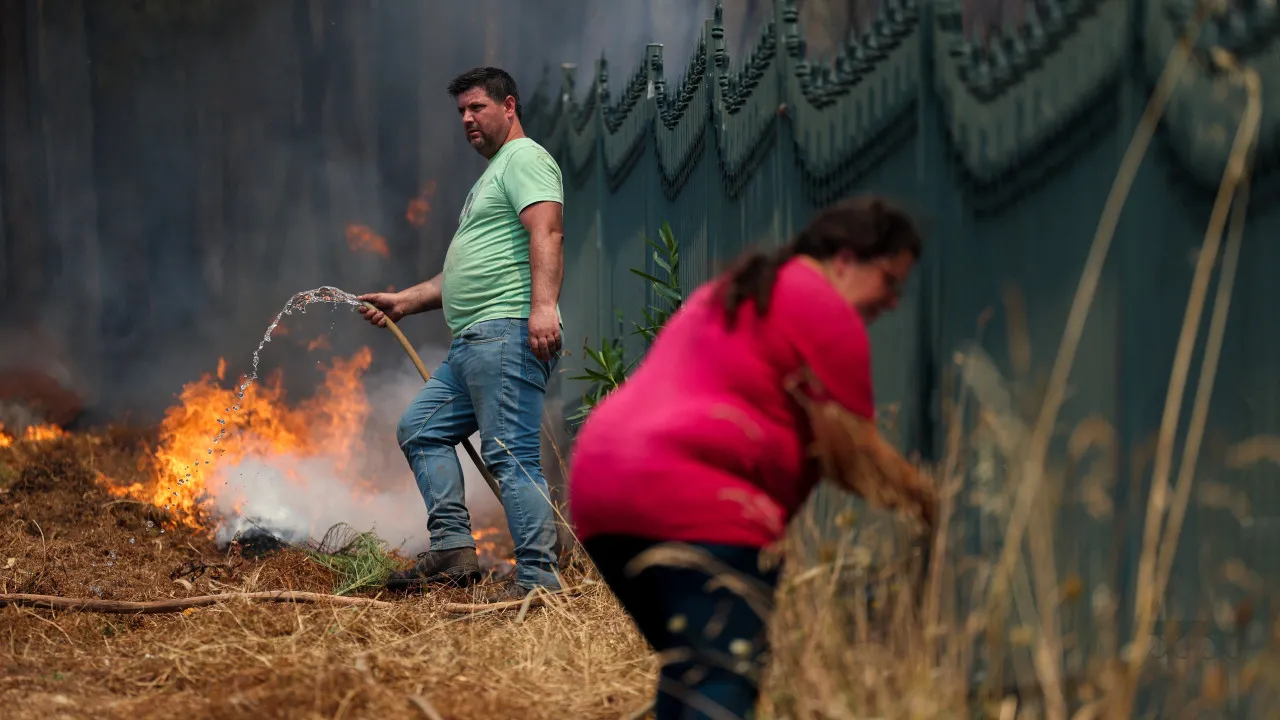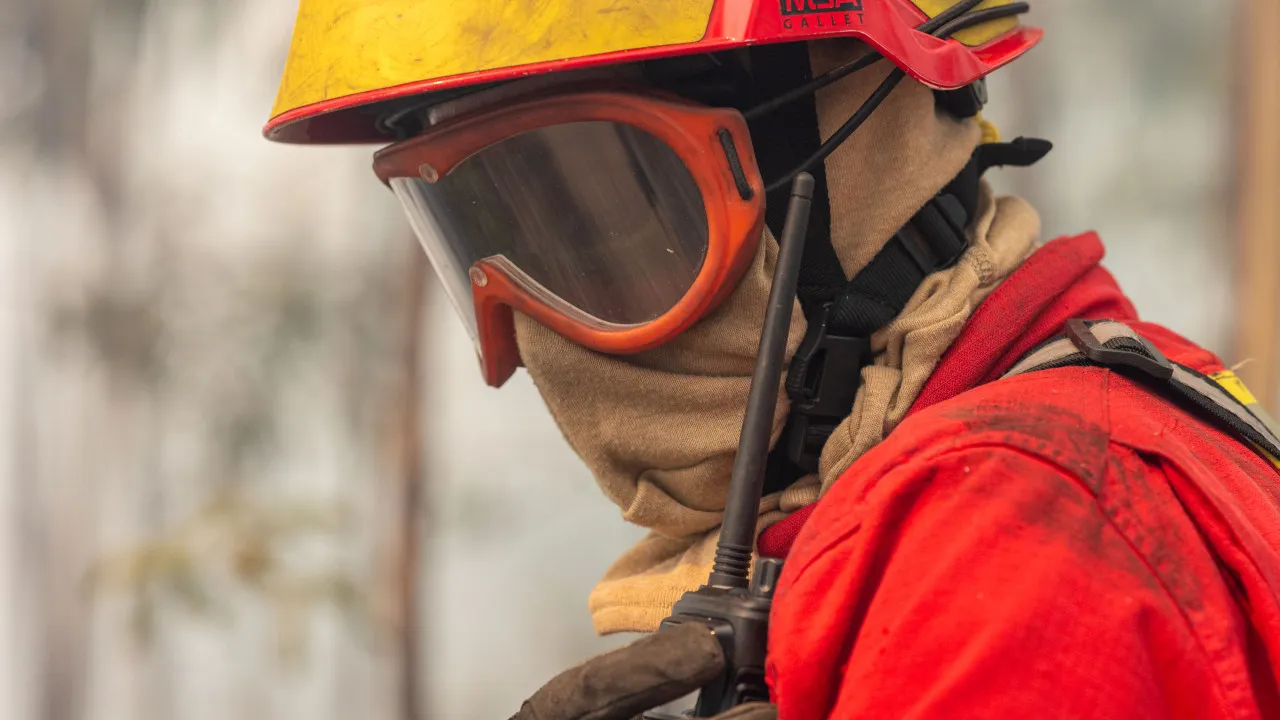
The companies Skypro and HygiCo have been collaborating for around a year, developing Reuse, a garment reuse process that they claim can reduce textile carbon footprint by up to 90%.
Skypro, known for uniforms and footwear, initially catered to the airline industry, supplying TAP, but has since expanded to serve clients like the Swedish police. Meanwhile, HygiCo’s focus is on workwear sanitization.
HygiCo’s facility in Palmela, within Setúbal district, resembles a sterile laboratory, featuring predominantly white tones and stainless steel. These premises include single-direction lines similar to those in the food industry, wherein textiles pass through and undergo a unique decontamination process as described by CEO Carlos Teixeira.
These processing lines house decontamination chambers that not only sanitize uniforms but also purify the surrounding air, preventing environmental contamination of the garments.
Manufacturing a pilot’s blazer emits approximately 24 kilograms of carbon dioxide (CO2), whereas the reuse process generates merely 1.5 kilograms of CO2, according to Skypro’s CEO, who specializes in technical apparel.
Reusing 1,750 out of 5,000 blazers equates to a carbon footprint reduction synonymous with planting a thousand trees, illustrated Jorge Pinto.
Skypro’s CEO, whose company reported nine million euros in revenue and employs 34 people in 2024, highlighted that the reuse process is significantly cheaper than creating a new blazer, with potential savings of around 60%.
Skypro’s clientele also includes major airlines such as Qatar Airways, Etihad, and Emirates, and the company maintains an office in Dubai.
Jorge Pinto likened his company to the ‘Nike’ of the aviation industry, referring to their focus on apparel and footwear. Nonetheless, he acknowledged efforts to diversify their customer base to reduce reliance on this sector.
Headquartered in Palmela, HygiCo is building a new site in Greater Porto and operates a facility in Leiria, serving sectors including pharmaceuticals, biomedicine, food, and aviation, as explained by CEO Carlos Teixeira.
Teixeira emphasized HygiCo’s “specialized sanitation” for these sectors, which require meticulous microbiological control as per stringent international standards and regulations.
Recognizing the textile industry’s environmental impact, Carlos Teixeira has committed to environmental goals: “Instead of purchasing new items destined for landfills with adverse impacts, we achieve substantial environmental contributions through recovery and reuse.”
In addition to sanitation, HygiCo, a startup, engages in textile restoration, including washing, sewing, finishing repairs, and managing logistics for collection, distribution, and delivery, concluded Carlos Teixeira.




